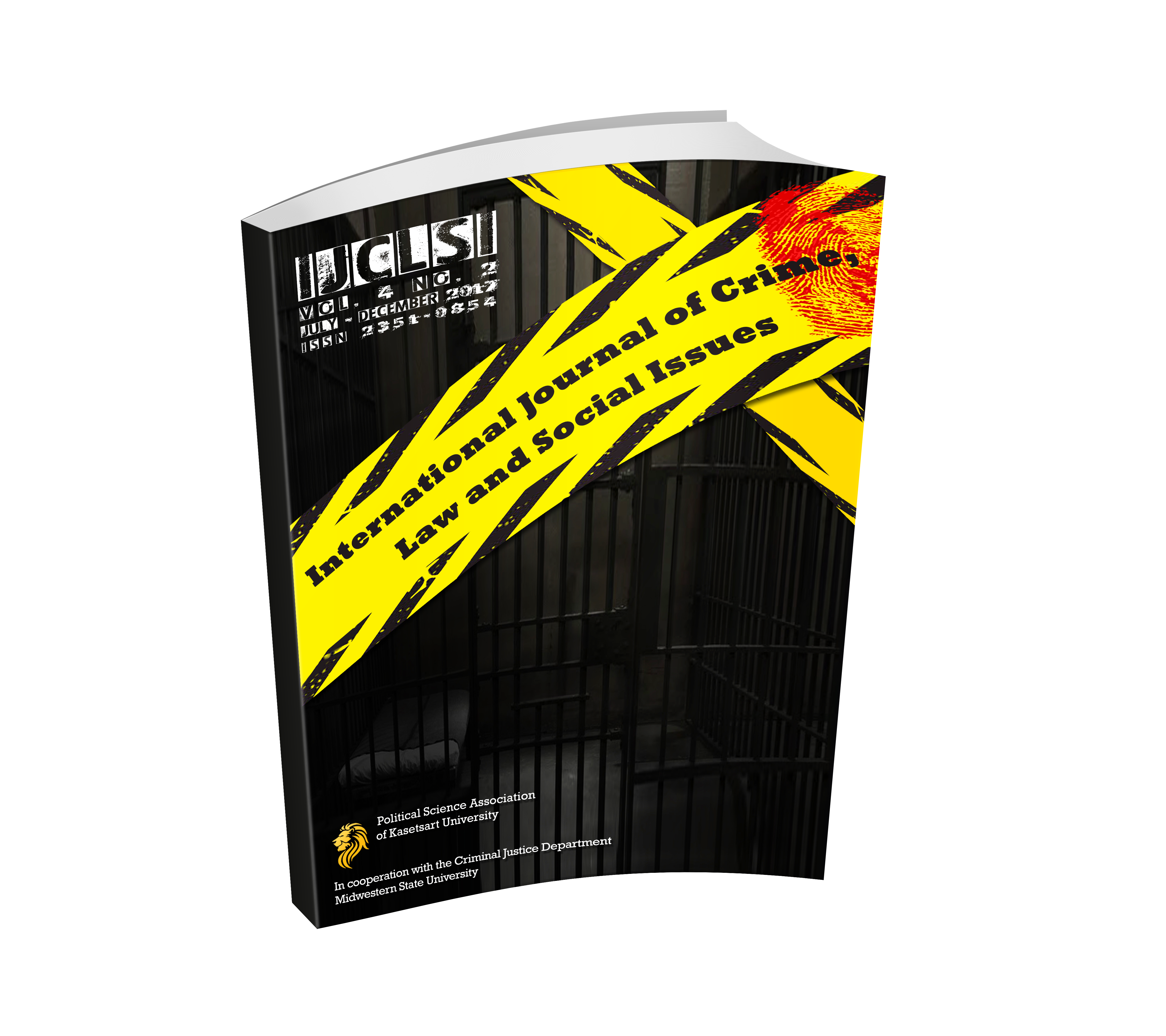The Process of Driving the Local Government in Self-Governing Province Concept: A Case Study of Chiang Mai Municipality, Thailand
Keywords:
Policy-Driving Process, Self-Governing Province Concept, Chiang Mai MunicipalityAbstract
This qualitative study aims to study the driving forms of the policy of the local government under the self-governing province of Chiang Mai province, Thailand. The main participants of the study are the academicians, the policy-driving leaders, and the issue-dimension network groups. The purposive sampling technique was used in recruiting the samples while the documents, the in-depth interviews, and the focus group were utilized in data collection. The driving of the policy of the local government under the self-governing province concept of Chiang Mai province is focused on the creation of the self-governing province concept, which extends outward, as well as the creation of advocate groups in driving the policy forward. This commenced in 2008 during the political conflicts at the national level, with the NGOs as the leading groups asking for decentralization of the policy in the early days. The policy-driving process was conducted through seminars and social communication via various media, with monetary support from several sectors. The driving of the policy occurred among political conflicts as well as arguments from the disagreeing groups. Despite this, a draft of the Chiang Mai Act was completed for consideration. However, its role was diminished due to the national coup d'état in 2014.
Downloads











.png)


